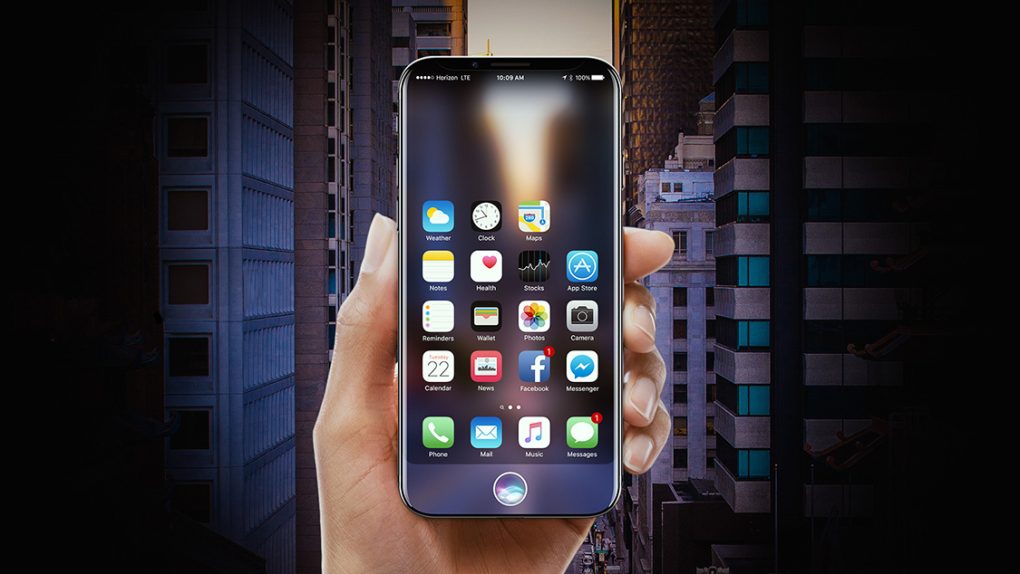Apple’s new iPhone 11, iPhone 11 Pro, and iPhone 11 Pro Max have finally been released, which means a few things have taken place. First and foremost, it means people can now finally buy the most impressive iPhone models Apple has ever created, featuring class-leading cameras and dramatic battery life improvements that might be even more impressive than the cameras to many users. It also means that more than a year of leaks and rumors surrounding the iPhone 11 series has finally come to an end. But the release of the iPhone 11 and it’s Pro counterparts also paves the way for rumors surrounding next year’s iPhone 12 series, and the first big report from a credible source has already hit the web. According to TF International Securities analyst Ming-Chi Kuo, who happens to be the most plugged-in Apple insider on the planet, next year’s new iPhone 12 and iPhone 12 Pro phones will feature a new design with flatter edges that are more in line with the old design Apple had used on the iPhone 4, iPhone 5, and iPhone SE series phones.
It’ll be great to see Apple go back to an iPhone design with flat edges. Many have repeatedly argued that Apple’s iPhone 4 and iPhone 5 designs were the best smartphone designs the company has ever produced, and we tend to agree. If nothing else, they were much better differentiated from the rest of the smartphone market. That said, there’s still a huge question surrounding the iPhone 12 and iPhone 12 Pro series phones that’s far more important than whether or not Apple will flatten the metal edges on the phone: What will Apple’s iPhone 12 display look like?
2014 marked a massive change for Apple’s smartphone lineup in several different ways. It was the first time Apple released two different iPhone models with different screen sizes at the same time, and that was obviously a huge deal for Apple fans. But it was also the start of a new 3-year design cycle, which would see Apple reuse the same iPhone design not just once for the iPhone 6s and iPhone 6s Plus, but a second time for the iPhone 7 and iPhone 7 Plus.
Similarly, Apple’s new iPhone 11 series smartphones feature the same basic design as the iPhone X from 2017 and the iPhone XR and iPhone XS series from last year. Next year, rather than release an “iPhone 11S” like Apple would have done prior to 2014, the company is expected to launch a totally redesigned iPhone 12 series for 2020.
So far, we know that the iPhone 12, iPhone 12 Pro, and iPhone 12 Pro Max will feature the new design Kuo described. We also know that at least some of Apple’s 2020 iPhone models will include support for next-generation 5G networks — we would argue that the iPhone 11 Pro and iPhone 11 Pro Max should already support 5G, but that’s a different story entirely. What we don’t know, at least for the time being, is the fate of the notch.
As every Android phone maker continues to find ways to ditch the notch in their displays, Apple chose to keep it on the iPhone 11 and iPhone 11 Pro phones. In truth, it really doesn’t matter at all that the iPhone 11 display has a notch. But the industry is still moving toward true all-screen designs, and that’s what fans want to see from the iPhone 12 series in 2020.
Will Apple deliver a notchless all-screen iPhone next year? It’s difficult to say. We’ve seen rumors here and there that suggest that will in fact be the case, but nothing has come yet from a credible source with a solid track record. After all, it’s easier for Android phone makers to ditch the notch since their phones shouldn’t have ever had notches to begin with. Apple uses the design because it needs a place for all the components of the TrueDepth 3D camera system that enables Face ID. Most Android phones only had notches to shamelessly copy Apple.
IN any event, a graphic designer that goes by the name Techy Paradise created a mockup of an all-screen iPhone 12 that shrinks down its TrueDepth camera components and crams them into the thin bezel above the display. It seems beyond unlikely that the technology currently exists to make all those sensors small enough to fit into the top bezel, but concept phones obviously aren’t limited by reality.
The gorgeous concept in question can be seen in the video embedded below, but we would advise against holding your breath for an iPhone 12 series that features a design like this one.








